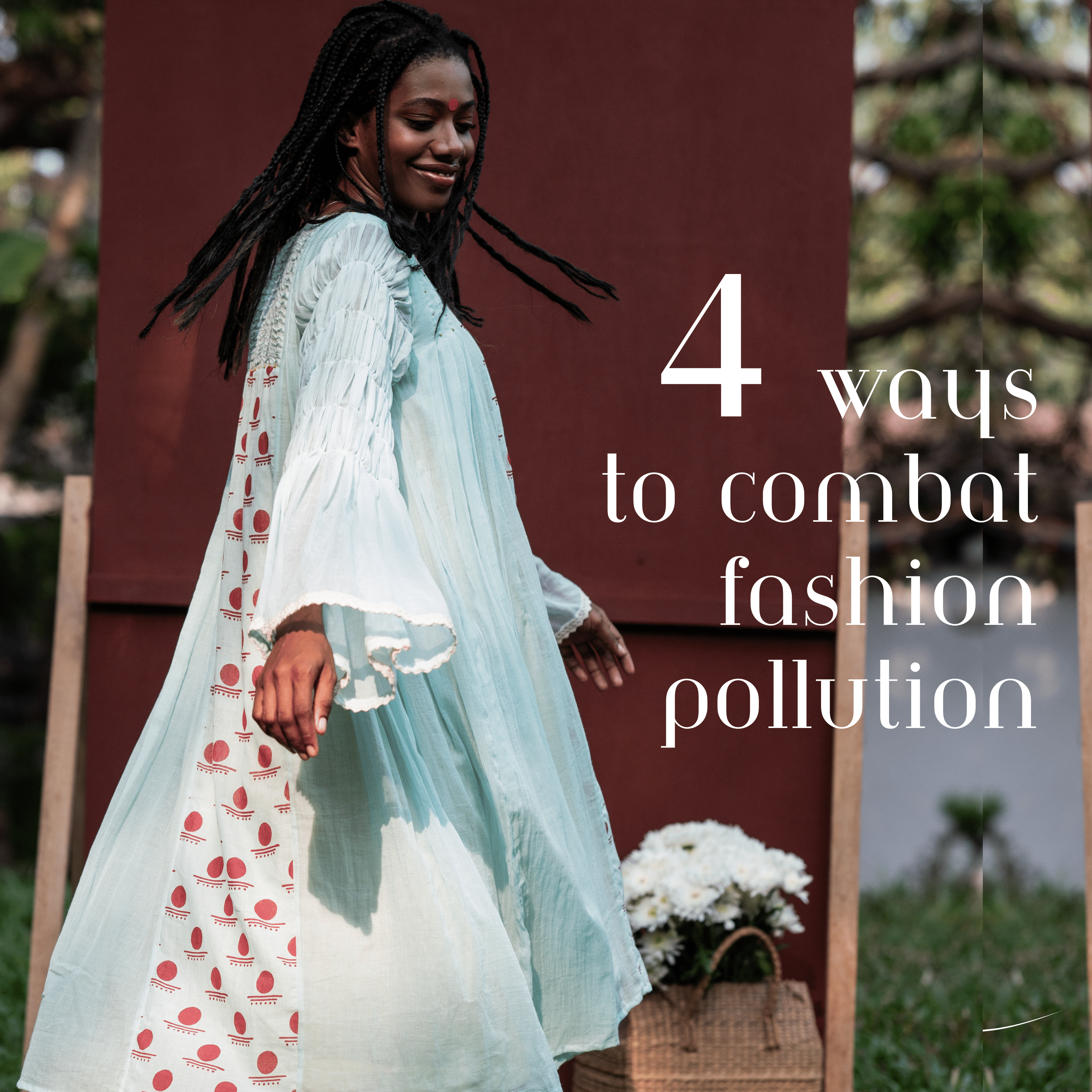
Four Ways To Combat Fashion Pollution
It's time the fashion industry took the onus and reinvented its strategy to reduce the impact of environmental hazards contributed by this sector. The fashion industry contributes almost 10% of global carbon emissions and 20% of all global wastewater, while 85% of all textiles go to dumps yearly. With several vital pollutants contributing to this issue, some of the biggest pollutants are in the fashion industry.
They include:
Energy Consumption:
Textile production uses power looms leading to high energy consumption. Processes such as spinning, weaving, and dyeing involve the use of machinery, heat, and water, all of which contribute to high energy consumption.
Chemical Pollution:
Various chemicals, including dyes, bleaches, and finishing agents, are used in textile production. Many of these chemicals are hazardous to human health and the environment. They can leach into soil and waterways, contaminate ecosystems, and pose risks to workers in the textile industry.
Unethical Fabric Production:
Polyester & Synthetic fabric production emits significantly high amount of greenhouse gasses. The fabric made too is nonbiodegradable and uses chemical & water extensively.
Textile Waste:
From fabric scraps in manufacturing to discarded clothes by consumers – most of this waste goes into landfills. Fabric like synthetic fibres can take up to 100 of years to decompose.
So, what are the Solutions?
Several manufacturers, fashion houses and designer labels have switched to sustainable practices to reduce environmental impact. Prathaa - Weaving Traditions, a sustainable clothing brand, is one such fashion brand that has implemented sustainable strategies into its manufacturing since the brand’s inception:
Energy Saving
Prathaa - Weaving Traditions uses Handloom Weaves, known for their eco-friendly and sustainable qualities. It minimizes environmental impact by consuming less energy and water, generating minimal textile waste, and utilizing biodegradable and natural fibers
Sustainable Dye Techniques
Prathaa - Weaving Traditions employs best water-saving techniques and processes in dyeing and washing with safer and less toxic chemicals, that can help minimize chemical pollution and water wastage.
Prathaa - Weaving Traditions uses Azo-free and natural dyes in their fabric across the collection.
Sustainable Textile
Prathaa - Weaving Traditions uses sustainable and eco-friendly materials such as organic cotton, hemp, bamboo, and recycled fibres can reduce the environmental impact by minimizing the use of pesticides, water, and energy.
Prathaa - Weaving Traditions uses these sustainable textiles across collections and collaborates with brands like Re-love for sample sales.
Circular Economy
Embrace circular economy principles by designing products for durability, repairability, and recyclability.
Prathaa - Weaving Traditions reinvents old sarees using age-old techniques and turns them into a beautiful fabric called Khesh. This fabric is used in creating stunning designer apparel.
Adopting these strategies and promoting sustainable practices across the fashion industry can mitigate environmental pollution and negative impacts associated with textile production and consumption. Collaboration among stakeholders, including brands, manufacturers, policymakers, and consumers, is essential to driving meaningful change toward a more sustainable and ethical fashion industry.
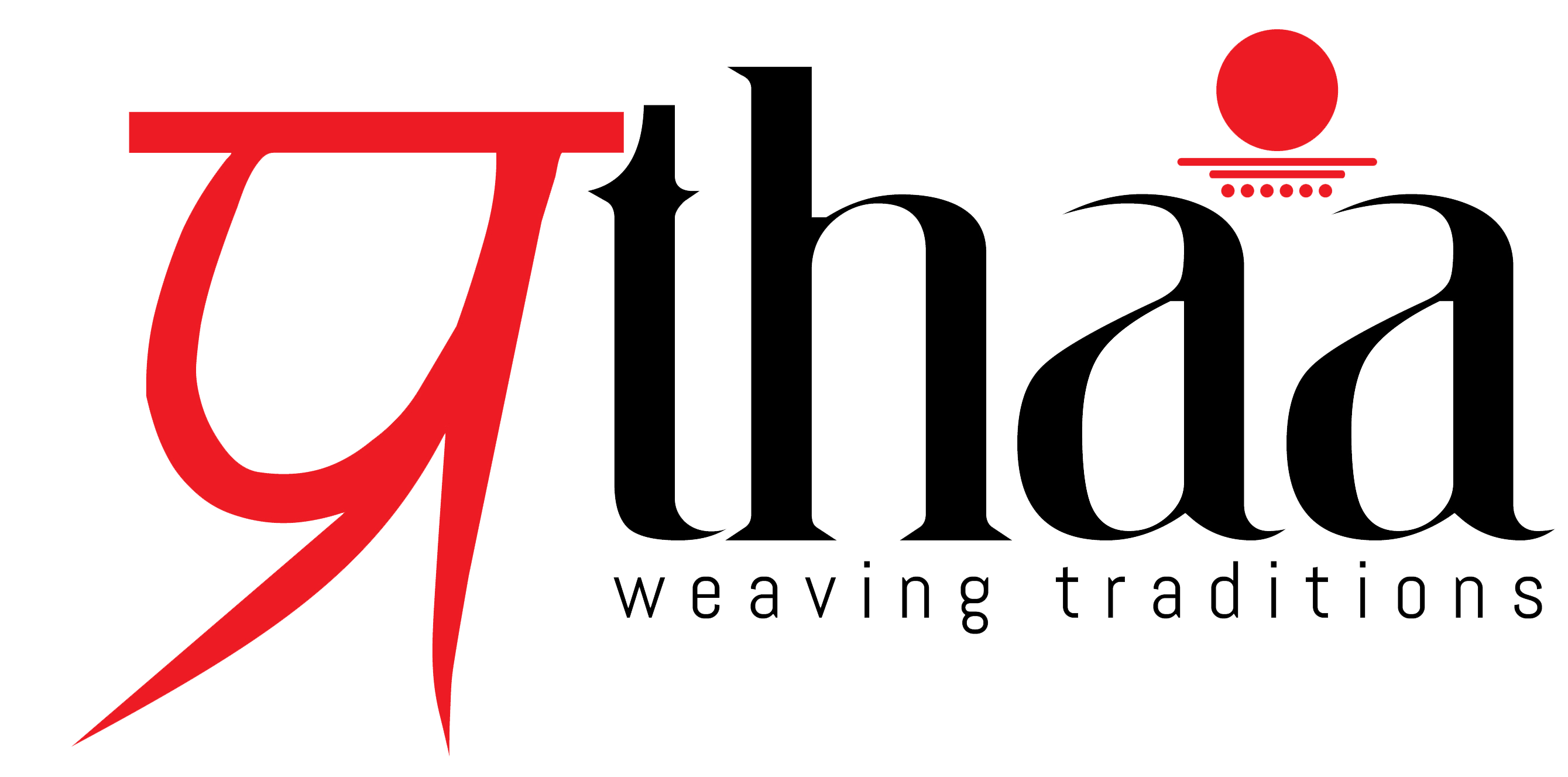
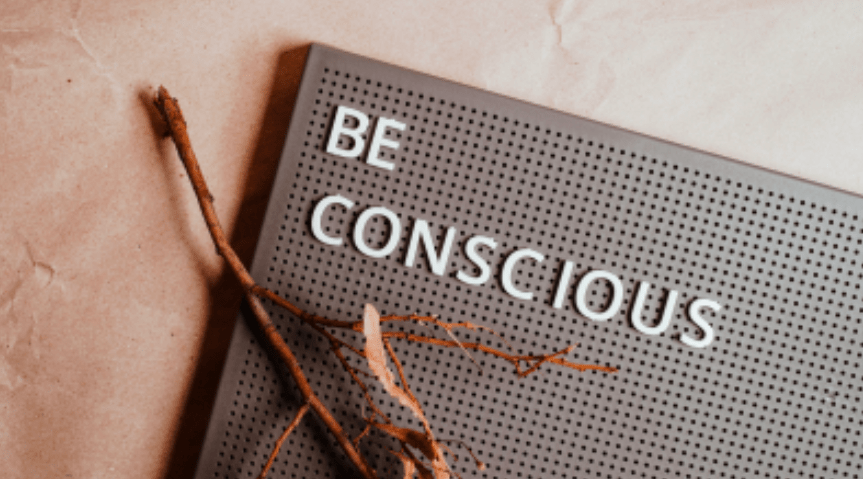
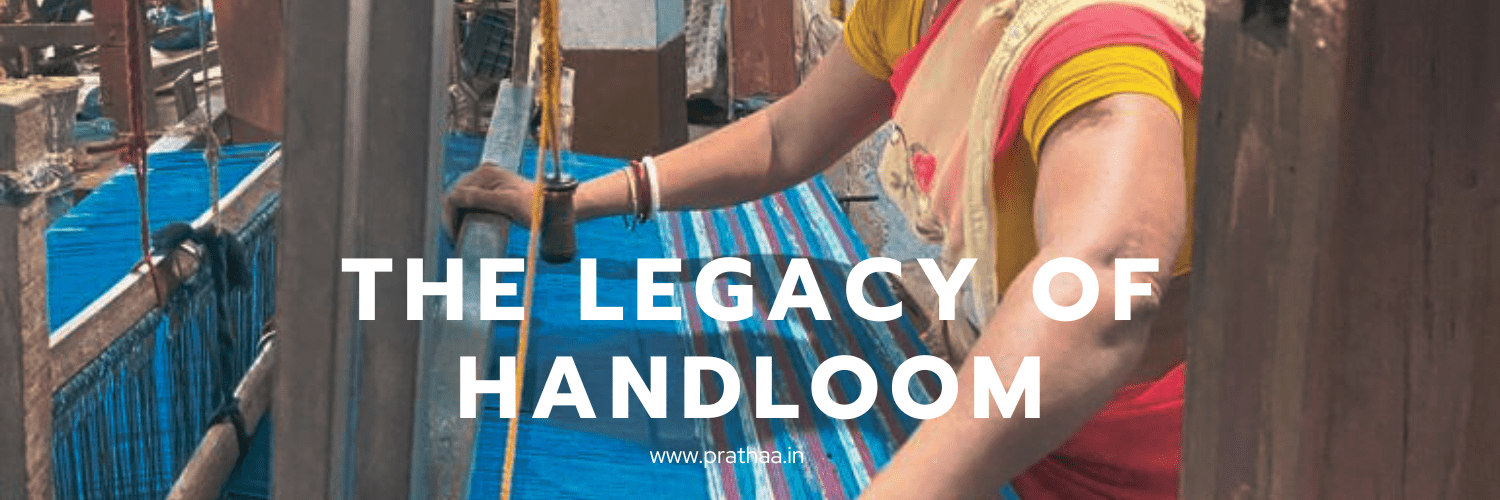
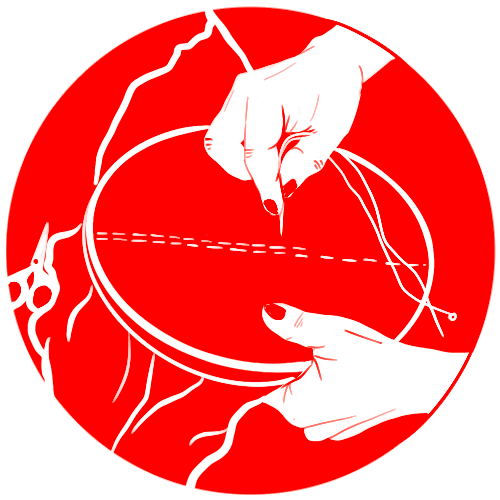

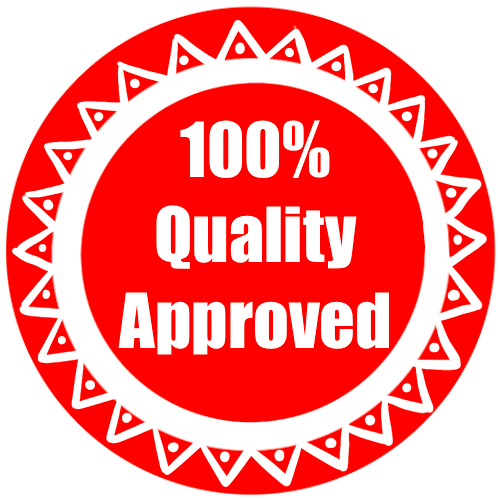

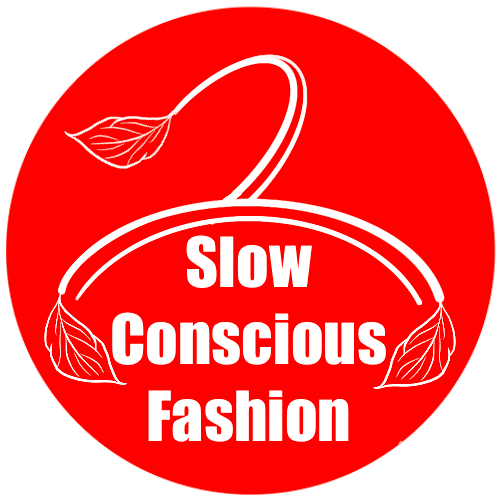












Leave a comment
This site is protected by hCaptcha and the hCaptcha Privacy Policy and Terms of Service apply.